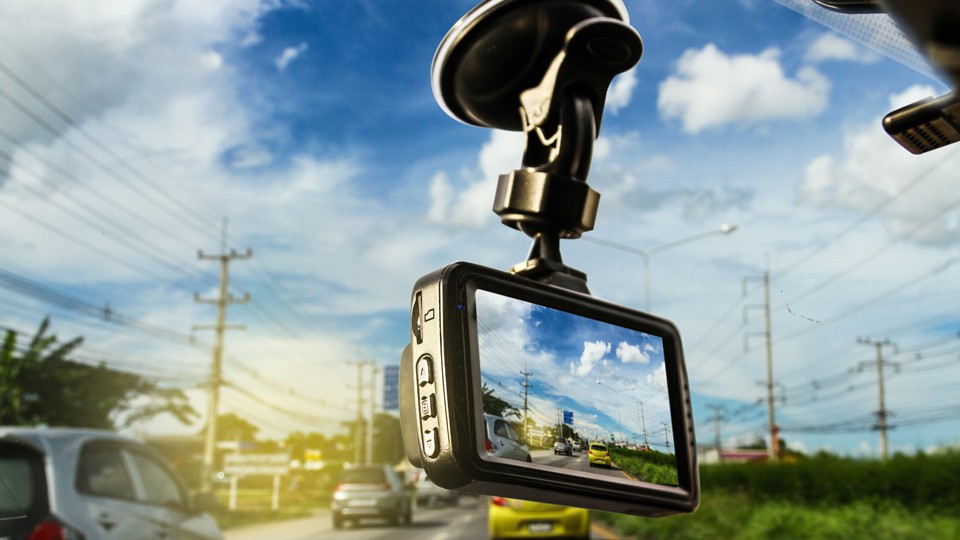Choosing the best car dash cam may not exactly sound like rocket science, but you can easily suffer from choice paralysis.
The abundance of models available on offer`, and the variety of technical and budgetary considerations – make the selection process all the more difficult for both newbies and veterans. Thankfully, we prepared a list of key selection criteria you need to take into account to get the best bang for your buck.
Seeing through the Technobabble
Video quality, coverage, and resolution are essential features you need to check in advance, prior to buying a car dash cam. Whatever event you want to record, you need to make sure that the things are actually visible on the subsequent playback.
The resolutions offered by modern dash cams vary, going from 480p to 1080p and up. Yet, lower resolutions can hardly make license plate numbers visible and since these play an important role as evidence in accidents, you will need to have at least a 1080p model for this task.
Also, you will surely benefit from a wider field of view of your dash cam. Simply, it will help you catch sight of more animals, humans, vehicles, and objects while you are driving. To be able to discern them, however, you’ll have to make sure to get a model that can record stuff at the speed of 30 frames per second (FPS) at least. This is necessary because you will make recordings while the vehicle is in motion and this can easily cause frame rate stutters or motion blur that make the recordings almost useless.
A Memory Card to Remember
Now, the high-quality video comes not only with a financial price to be covered – another less visible price tag is attached to its hunger for larger storage capacity on your camera. Only memory cards with larger capacity will be able to accommodate recordings in higher resolutions. So, a 120GB card will get you some 20-40 hours of playback, while 8GB will cover only two to three hours. Having a clear vision of your actual needs prior to the purchase helps greatly in this case.
Also, the write speed of a memory card describes how fast the recording will be made and these are usually categorized by classes (in numbers). In the case of dash cameras, you should not go below class six if you want to avoid headaches when viewing your recordings.
You Get What You Pay For…Usually
Prices vary wildly when it comes to dash cameras. They can go from tens of dollars for entry-level models to hundreds of bucks for high-end ones. The amount of money you need to shell out really depends on how strong is your need for all the bells and whistles.
Truly, you can get quality devices at an affordable price today, but going for the lowest shelf may actually hurt you in the long run. Unrealistically cheap models will only rob you of your money later, as you will soon discover that their features and reliability do not exactly fit the bill, even if your needs are modest.
Till the Breakdown Do Us Part
Speaking of reliability, it is the next most important thing you need to look out for beyond your wallet. Luckily, these two are usually connected, so paying out more means longer peace of mind down the line. Yet, you should not simply throw your money with your eyes closed.
Instead, go for the online reviews and customer feedback from multiple reliable sites. The criteria to be on the lookout for include the product warranties, the ability to work at extreme ranges of car temperatures, and withstand humidity.
Conclusion
Factors such as video quality, recording definition (resolution), memory card capacity, budget, and reliability are the key criteria to consider when buying a quality dashcam. Your mileage may vary, but balancing all of these against your specific needs will surely bring the best results.
Follow Techiemag for more!
